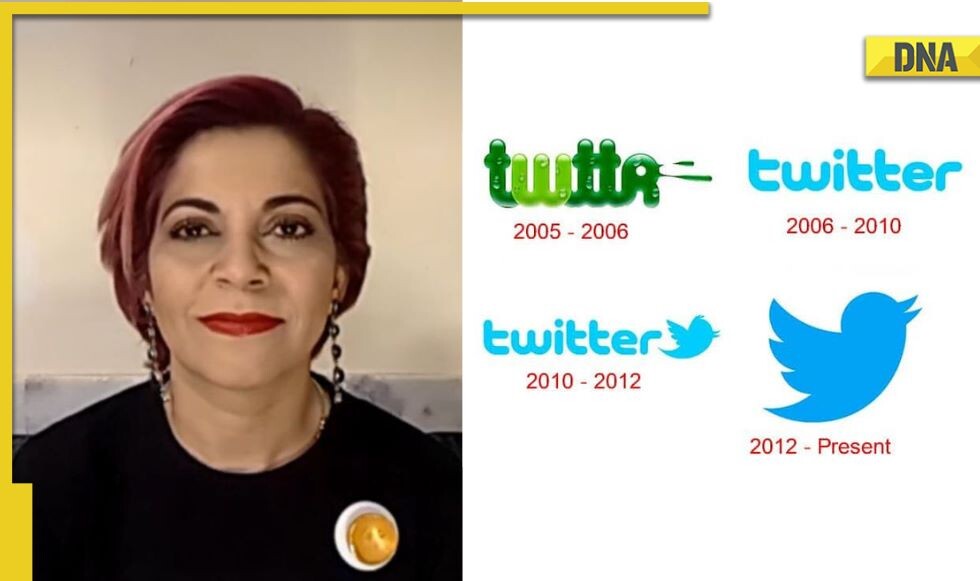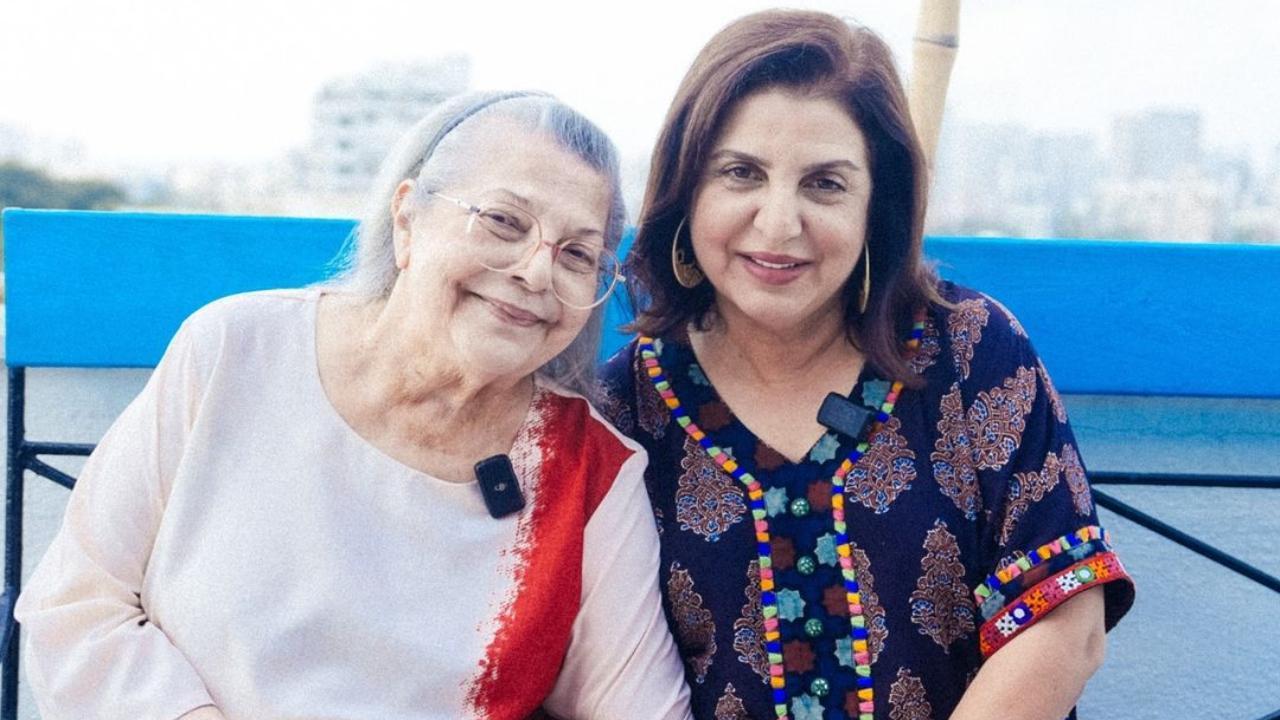
The news of Elon Musk acquiring an unprofitable Twitter at a staggering USD 44 million sent ripples across the tech world on October 28, 2022. The Tesla and SpaceX CEO appears to be making bold moves to recoup his investments, with drastic strategies that include sweeping layoffs and demanding work schedules for the remaining staff, pushing them towards 12-hour shifts without rest days. Musk’s tactics also proposed monetizing Twitter’s verification process, suggesting a USD 8 per month fee for the previously free blue verification tick – a feature that has since been reevaluated after a surge of fake accounts exploited the system.
The social media behemoth, with roughly 23.6 million users in India alone as of January 2022, garners only a fractional slice of its revenue from the country. The fiscal year 2021 saw Twitter’s Indian entity amassing Rs 86.39 crore, merely 0.23 percent of its global intake. Despite a revenue jump of about 82 percent the following year, the company recorded a net loss of Rs 31.84 crore in India for FY22.
The platform’s ongoing transformation under Musk’s rule has become a daily headline, leading us to delve into the perspectives of a long-time user. We reached out to Naina Redhu, who is believed to be the first Indian to join Twitter, for insights into the 16-year journey she has experienced with the platform and her thoughts on the seismic changes Musk is implementing.
In an exclusive interview, Naina reminisces about signing up in 2006 when Twitter was still in its nascent stage named TWTTR. Hailing from Mumbai and deeply engrossed in the burgeoning internet and blogging culture, she quickly joined the microblogging site. Initially, she recalls, the platform seemed to cater predominantly to an American audience, leaving her feeling isolated as a user from India.
The distinction of possibly being the first Indian Twitter user dawned on her after someone pointed to a list of initial Twitter sign-ups lacking Indian names. Although never officially affirmed, this belief followed her throughout her years on the platform.
Looking back, Naina notes significant changes, such as the expansion from 140 to 280 characters, which she feels diluted Twitter’s original essence. More notably, she misses the ‘Fail Whale’ image that symbolized the site’s occasional crashes due to high demand and heightened the sense of community among users. She laments the loss of this community spirit and the replacement of personal engagement with heated political debates.
Discussing the potential consequences of Musk’s proposal to charge for the blue tick, Naina expresses skepticism. She distinguishes Twitter from other subscription services like Spotify, which offers a tangible benefit of ad-free music, questioning the value that a paid verification on Twitter would add to her experience. With no definitive plan in place for the blue tick’s future role, she remains unconvinced that users, including herself, would find the new feature compelling enough to invest in.
The discussion shifts to Twitter Blue’s potential features such as the edit button and an ad-light experience. Naina, unfazed by the absence of an edit button for 16 years, debates the justification for such a subscription. Contrasting Twitter’s ad system with Instagram’s robust algorithm, she underscores Twitter’s urgent need for improvement.
As talks around alternative platforms like Koo and Mastodon emerge, Naina holds that none rival Twitter’s established audience loyalty or its pioneering role in social media. Despite potential resistance to the subscription model, she doesn’t foresee users leaving Twitter en masse. She remains intrigued by Musk’s experiments and their potential to reshape the platform.
As Musk’s Twitter continues to generate buzz among its users and in the media, Naina’s extensive history with the platform adds a layer of seasoned perspective to the ongoing debate, capturing a sense of cautious optimism for its future.
To witness the wide-ranging interview with Naina Redhu and delve deeper into her experiences and viewpoints, follow the available link to access the complete conversation.










